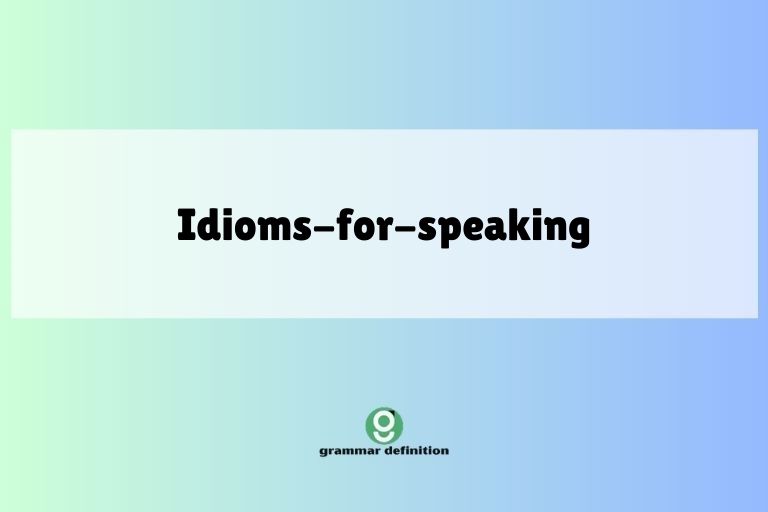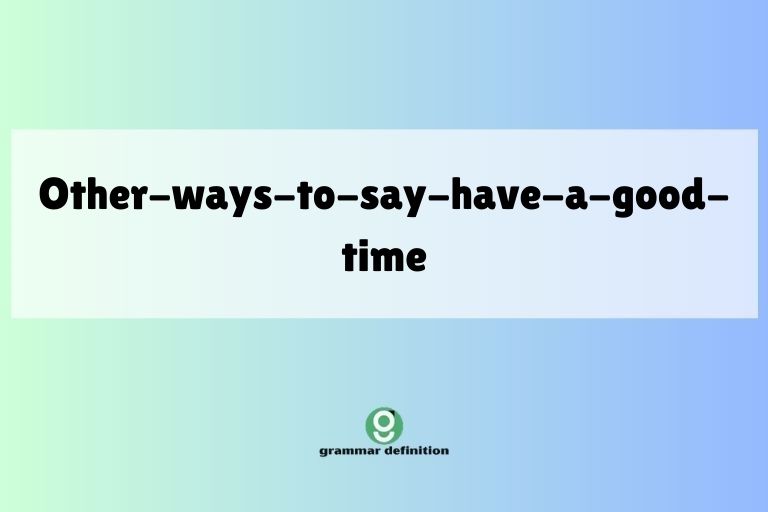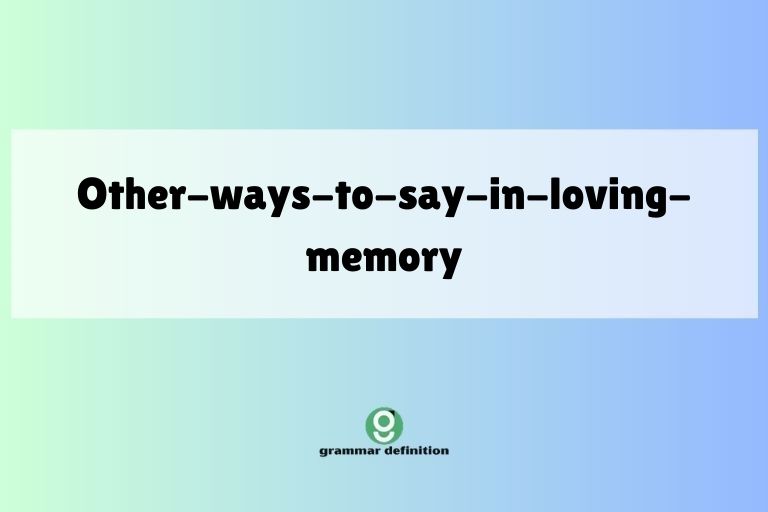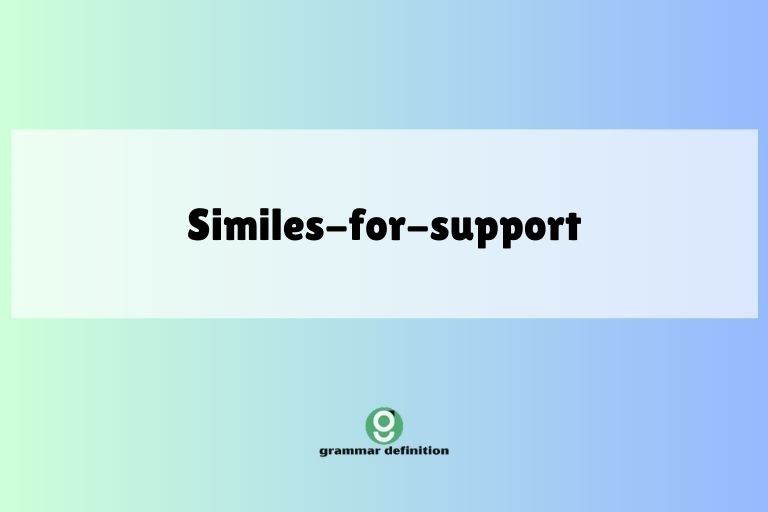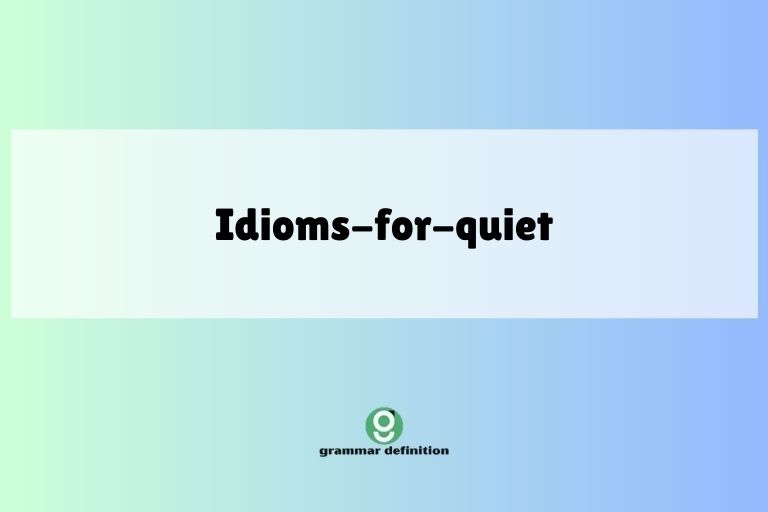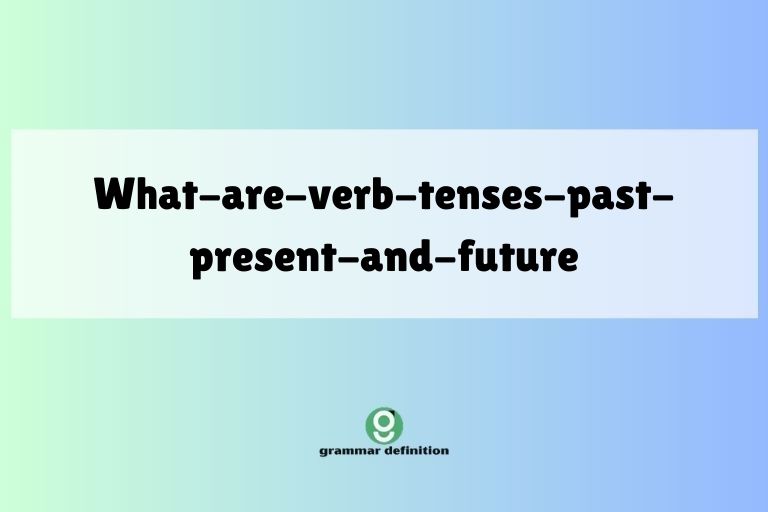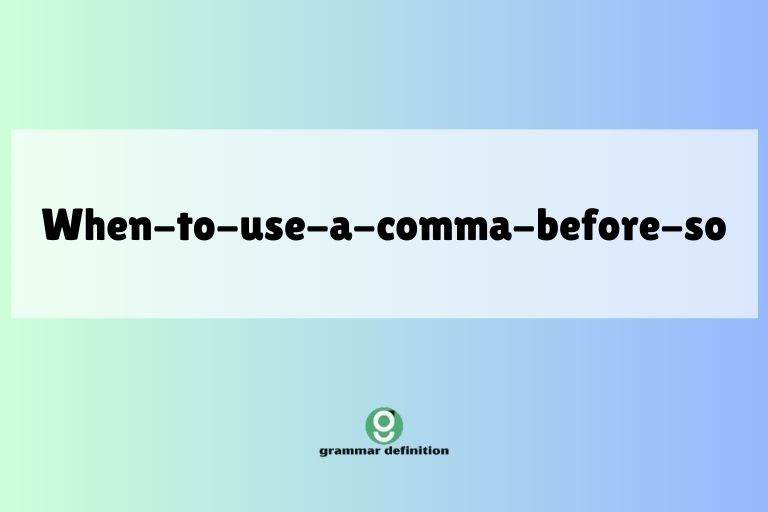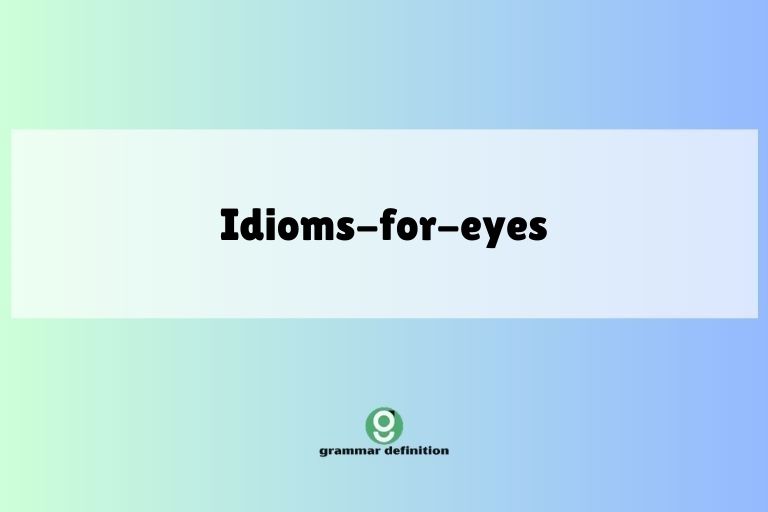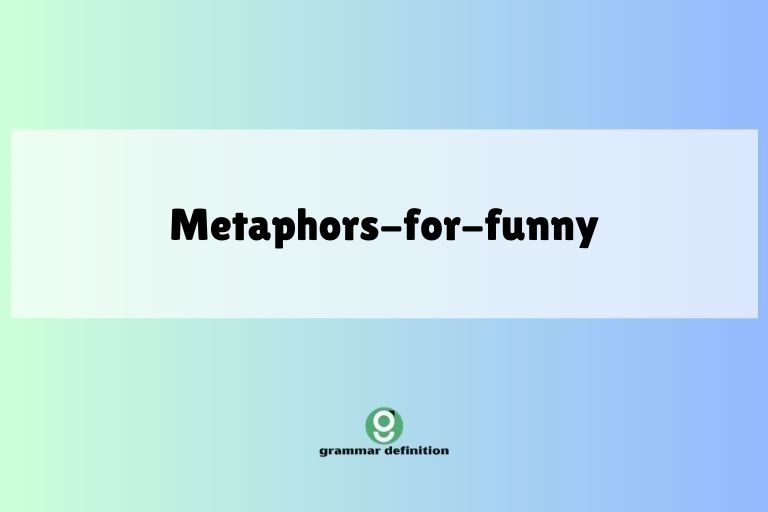Mastering English: Idioms for Fluent Speaking
Idioms are the spice of the English language, adding color and depth to conversations. They are expressions whose meanings cannot be understood from the literal definitions of the individual words. Understanding and using idioms correctly can significantly enhance your fluency and comprehension, making you sound more natural and confident when speaking. This article provides a … Read more

